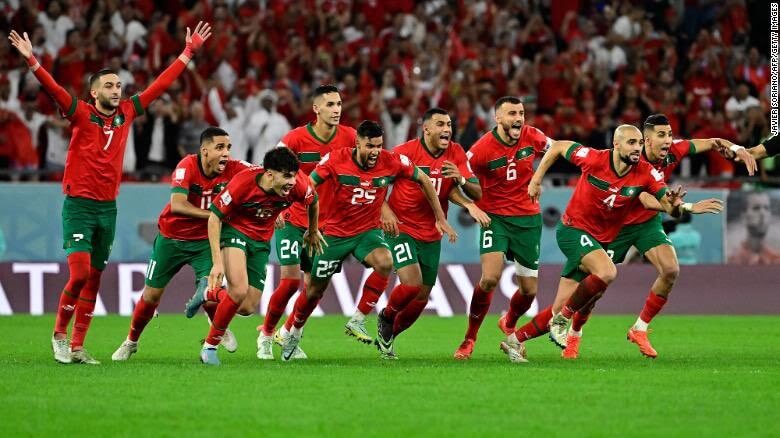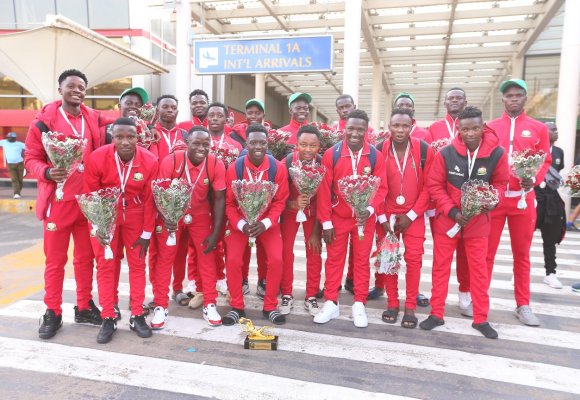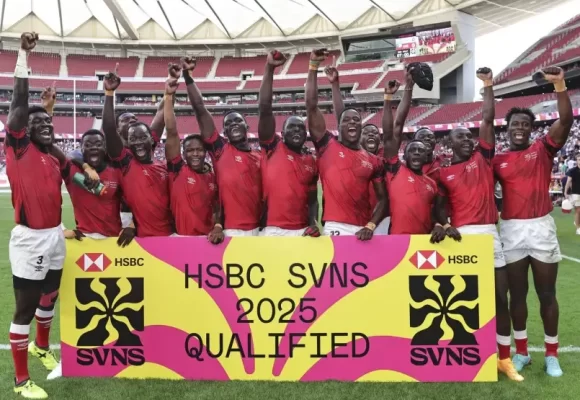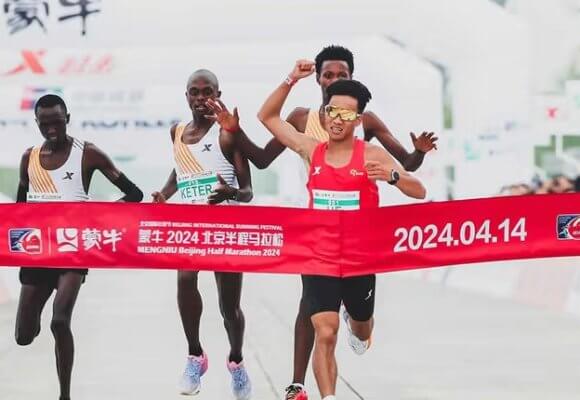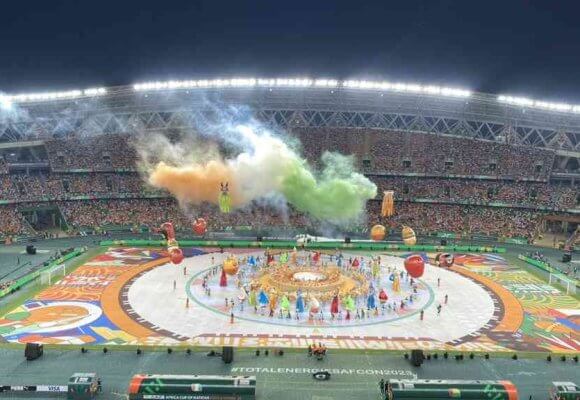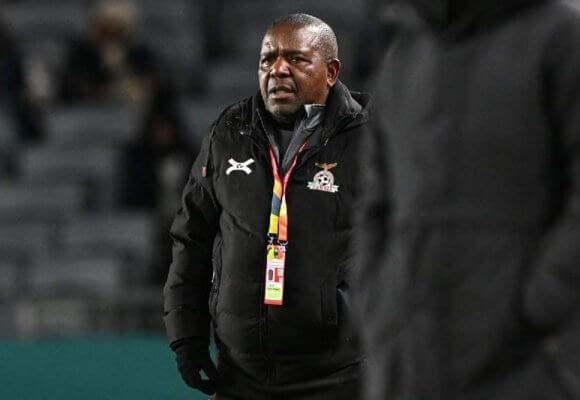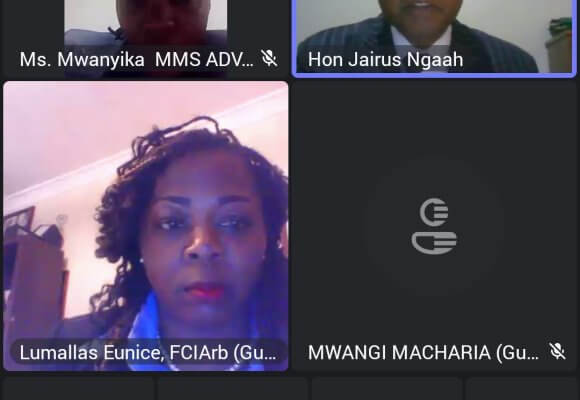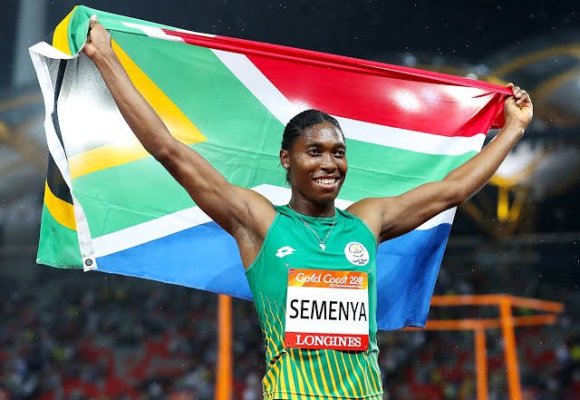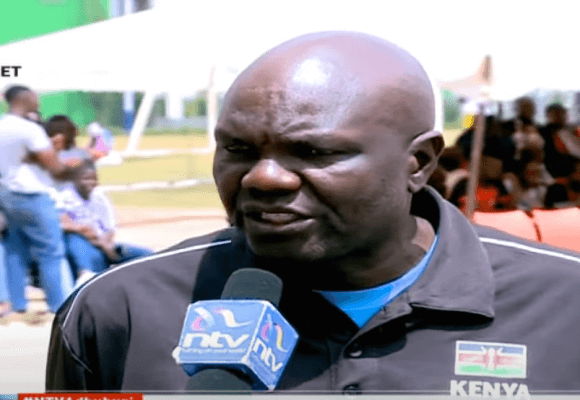“Pinch me. I think I am dreaming.”
Moroccan goalkeeper Yassine Bounou, aka Bono, uttered the words after the side’s game beat Portugal 1-nil in the Qatar World Cup 2022 quarter-finals.
Unknown to him, Bounou vocalized what many felt on Saturday, December 10.
In a tournament where underdogs have beat giants, the Walid Regragui- led Atlas Lions had just delivered one of the biggest upsets yet, defeating Portugal to become the first African country to make the last four in a men’s football World Cup.
“These moments are great, but we are here to change the mentality. With this feeling of inferiority, we have to get rid of it. The Moroccan players can face anyone in the world. The generation coming after us will know we can create miracles,” Bono said after his man-of-the-match performance.
It’s not just a Moroccan victory but an African and Arab one.
The Atlas Lions have barely put a foot wrong in Qatar. They have not conceded a single goal at the hands of the opponents in their 5 matches, even in their penalty shoot-out in their round of 16 clash against Spain.
The one goal scored against them, in the 2-1 win over Canada, was an own goal.
Anneler ve oğulları.. ????????#MoroccoVsPortugal #FIFAWorldCup pic.twitter.com/fPM3sHqA8o
— Malik Ejder (@malikejder47) December 10, 2022
The North African country has been on a history-making journey in the biggest footballing stage since its debut in the World Cup in 1970. On their first appearance on the world stage 52 years ago, the side lost two matches, a 2-1 defeat to West Germany and a 3-0 to Peru.
They, however, picked their first point at the World Cup with a one-all draw against Bulgaria, the first draw for an African country. Sixteen years later (1986), Morocco was back as Mexico hosted the global showpiece.
The Lions stayed undefeated in the group stage and made history by becoming the first African country to qualify for the round of 16 and top their group. Back then, Morocco held Poland and England to goalless draws before picking their first World Cup victory in a 3-1 outcome, incidentally against Portugal, the same team they defeated to become the first African country in the semis.
They lost 1-0 to West Germany in the knockout. In 1994 and 1998, the Atlas Lions exited on the group stage. While they did not win any matches in 1994, they had a better show in the latter and came close to qualification to the round of 16. After a two-all draw against Norway and a 3-0 defeat to the then-defending champions Brazil, Morocco beat Scotland 3-0.
This victory should have been enough to see them through to the knockout round, but Brazil shockingly lost 2-1 to Norway, and Morocco’s dream of the last 16 ended as they finished in third place. After missing the next four editions in 2002, 2006, 2010, and 2014, the North Africans were in Russia for the 2018 extravaganza.
A History of Constant Improvement
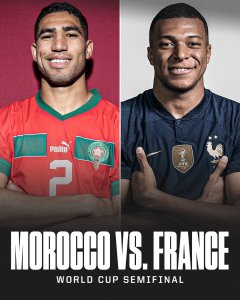
The Moroccans displayed the dazzling football we are witnessing in Qatar in Russia, but they were not as clinical in their finishing, and their defense has been strengthened ten-fold within the last four years.
In Russia, Morocco, under the tutelage of Herve Renard, lost to Iran 1-0, handing the Iranians their first World Cup victory through Aziz Bouhaddouz’s own goal. Portugal scored through Christiano Ronaldo in the fourth minute in Morocco’s second game in Russia for a 1-0 win, and a 2-2 draw against Spain in the last group match saw the North Africans finish bottom of Group B.
Then the journey to Qatar began.
Morocco eased through their African World Cup qualification campaign under Vahid Halilhodzic, conceding three goals. However, there was a fire on the mountain, and the smoke was finally seen when Chelsea’s Hakim Ziyech and the then Ajax defender Noussair Mazraoui refused to play for Halilhodzic.
Ziyech for being left out of the Africa Cup of Nations (AFCON) squad, where Morocco lost to Egypt in the quarters. And Mazraoui for a reported fallout in training where the coach is said to have thrown a water bottle at the defender for apparently, ‘taking too many water breaks.’
Just three months before the World Cup, Fouzi Lekjaa, President of the Royal Moroccan Football Federation, had enough of the wrangles. He fired Halilhodzic and replaced him with ‘home boy’ Regragui. Lekjaa had taken issue with the exclusion of the duo and Abderrazak Hamdallah, who had not featured since 2019, arguing that the national team cannot exclude Moroccans playing at the highest level in the world for whatever reason.
Regragui had taken up a herculean task, not only leading the team in the biggest footballing stage but also ensuring harmony in the dressing room. He has managed to do that and more.
The spirit Morocco has shown in Qatar, the renewed bonds within the team, and the significant impact of returnees Ziyech and Mazraoui have all proven that a united dressing room can be as important as tactics or coaching.
In Qatar, the Atlas Lions have continued to set new records and are one match against defending champions France from reaching the final. Reading from their 1986 script, they topped Group F, which had 2018 finalists Croatia and favorites Belgium and Canada with seven points.
They held fellow semi-finalists Croatia to a goalless draw in their opening encounter before seeing off Belgium 2-0 in one of the shocking results of the 2022 edition of the Word Cup. They went on to beat Canada 2-1. In the round of 16, they faced 2010 champions Spain going through to the last eight teams after a 3-0 victory in post-match penalties.
The victory made Morocco the fourth African team to enter the World Cup quarter-finals after Cameroon in 1990, Senegal in 2002, and Ghana in 2010. Of Morocco’s 26-member squad, 12 were born in the African country separated from Europe by a mere 14km at the closest border crossings.
This is the lowest ratio in the competition, according to a tally by FIFA. The others are of Moroccan heritage but were born in Spain, Canada, France, the Netherlands, and Belgium.
These players have, however, achieved what some of the greatest African players ever to grace the World Cup from the 13 countries that have made it to the global competition have failed to do.
As the World Cup expands to 48 teams in 2026, Africa has nine slots designated, but the number could go up to 11. One team will be involved in a six-country playoff where the top two teams from said competition will qualify for World Cup, giving the continent an extra chance to make it ten teams.
With Morocco reaching the semi-finals, Africa gets another slot in the US, Canada, and Mexico games. In Qatar, African teams collected more points in the group stage than ever, all under local coaches. Morocco’s exploits could inspire more African teams to believe in ending the 92-year drought for a final and the trophy (If Morocco doesn’t make it that far).
European and South American teams have won every one of the 21 World Cup titles so far, with 12 for Europe and nine for South America. No teams from another continent have made a final in nearly 100 years of World Cup history.
Before the 2022 Qatar World Cup, 82 of 84 semi-finalists have been European or South American. The United States in 1930 and South Korea in 2002 are the exceptions.
